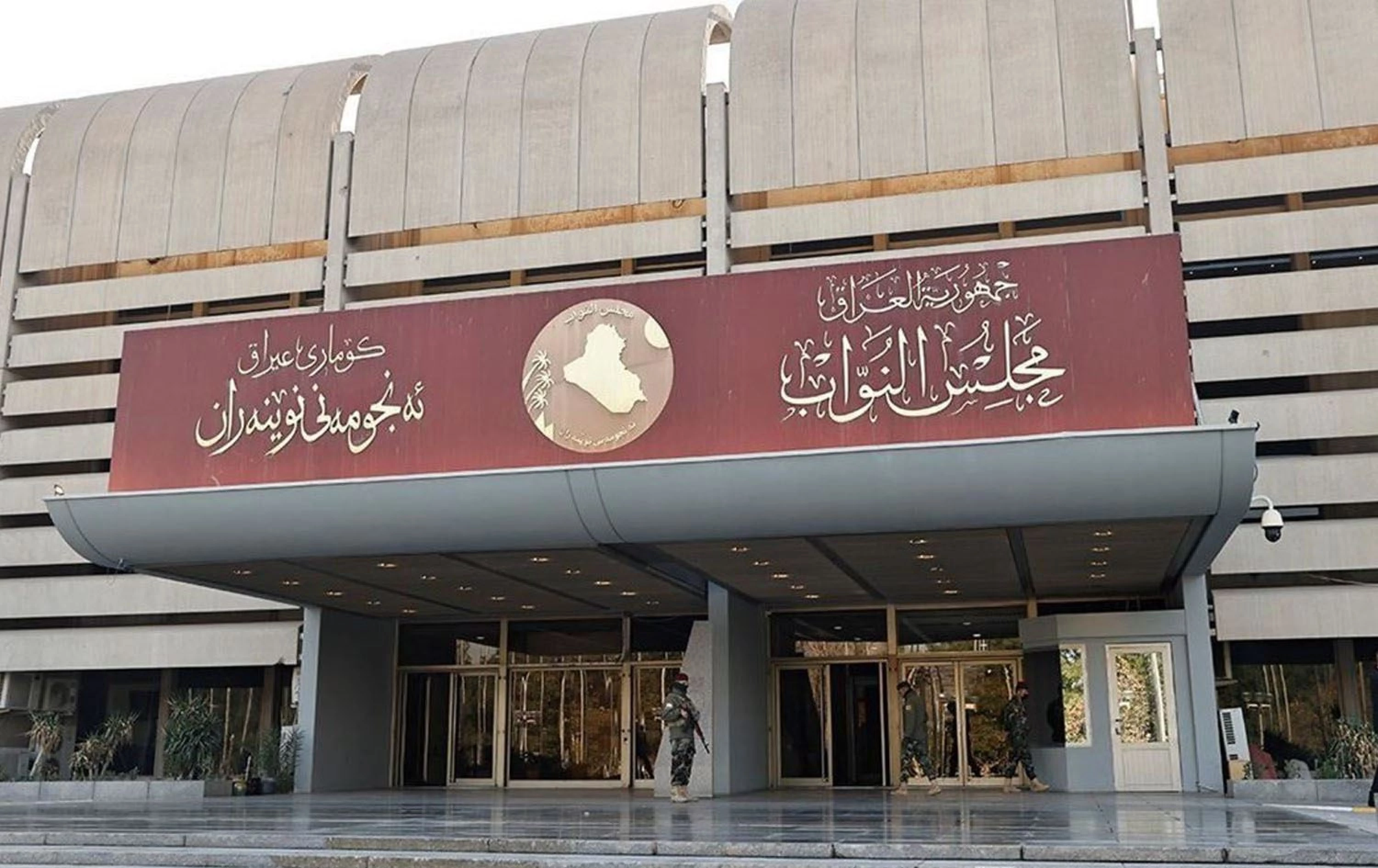ERBIL, Kurdistan Region of Iraq – A new decision by Iraq’s Federal Supreme Court has shifted the longstanding consensus on when a parliamentary term officially ends, sparking wide legal and political debate following the November 11 legislative elections.
The top court has declared that the parliament’s mandate ends the moment the first ballot is cast on election day, rather than at the end of the traditional four-year term.
Salem Hawas, a legal advisor, told The New Region on Thursday that the ruling challenges Article 56 of the Constitution, which clearly sets the parliamentary term at four calendar years, beginning with the first session and ending at the closing of the fourth year.
The Federal Supreme Court, however, has now issued a different interpretation.
According to Hawas, the court ruled on November 17 that parliament and the government are considered constitutionally expired once the first ballot is cast.
The ruling is based on constitutional provisions that remove full powers from both institutions once elections begin, placing them in a caretaker role.
Hawas said this raises essential questions about whether the outgoing parliament can legally convene before the final day of its term. He explained that this interpretation means the traditional approach, waiting for the “last day” of the four-year cycle, is no longer aligned with the court’s view.
As such, the start of the voting period marks the end of the outgoing parliament’s mandate, rather than the final session, scheduled for January 8 this time around.
The advisor further called for a clear and definitive interpretation to end the overlap between the constitutional text and judicial decisions, stressing that respecting constitutional timelines is essential for a peaceful transfer of power, and that any parliamentary session held after the end of the constitutional mandate, whether calculated by the final day or by election day, needs explicit legal grounding to avoid challenges and ensure full legitimacy.
Iraq held parliamentary elections on November 11 to elect a new 329-seat parliament for a four-year term. With voting completed, attention has shifted to the political steps in the aftermath of the election.
Upon the completion of the election cycle, Iraq’s Federal Supreme Court ratifies the results following the hearing and resolution of disputes. The caretaker president must then call on the parliament to convene within 15 days to elect a speaker and his two deputies via an absolute majority. Next, a two-thirds vote is required to elect the president, who, in turn, has another 15 days to select a prime minister-designate to form the government and present it to parliament within 30 days.
In practice, however, the government formation process typically takes the better part of a year, with political wrangling forcing repeated postponements of the vote as parties and alliances attempt to extract the greatest concessions and most favorable terms.
Under an informal 2005 agreement on power-sharing, the prime minister position is reserved for the Shiites, the president a Kurd, and the speaker of parliament a Sunni.



 Facebook
Facebook
 LinkedIn
LinkedIn
 Telegram
Telegram
 X
X


